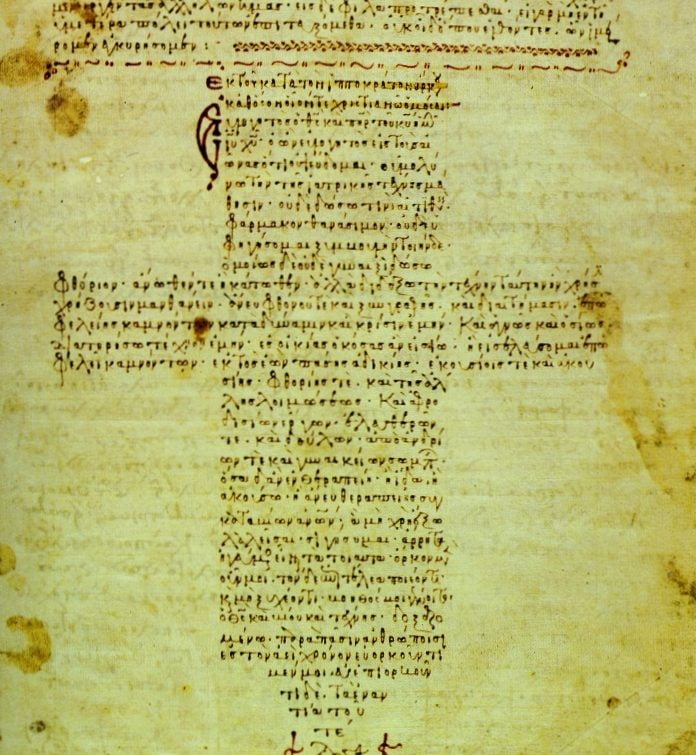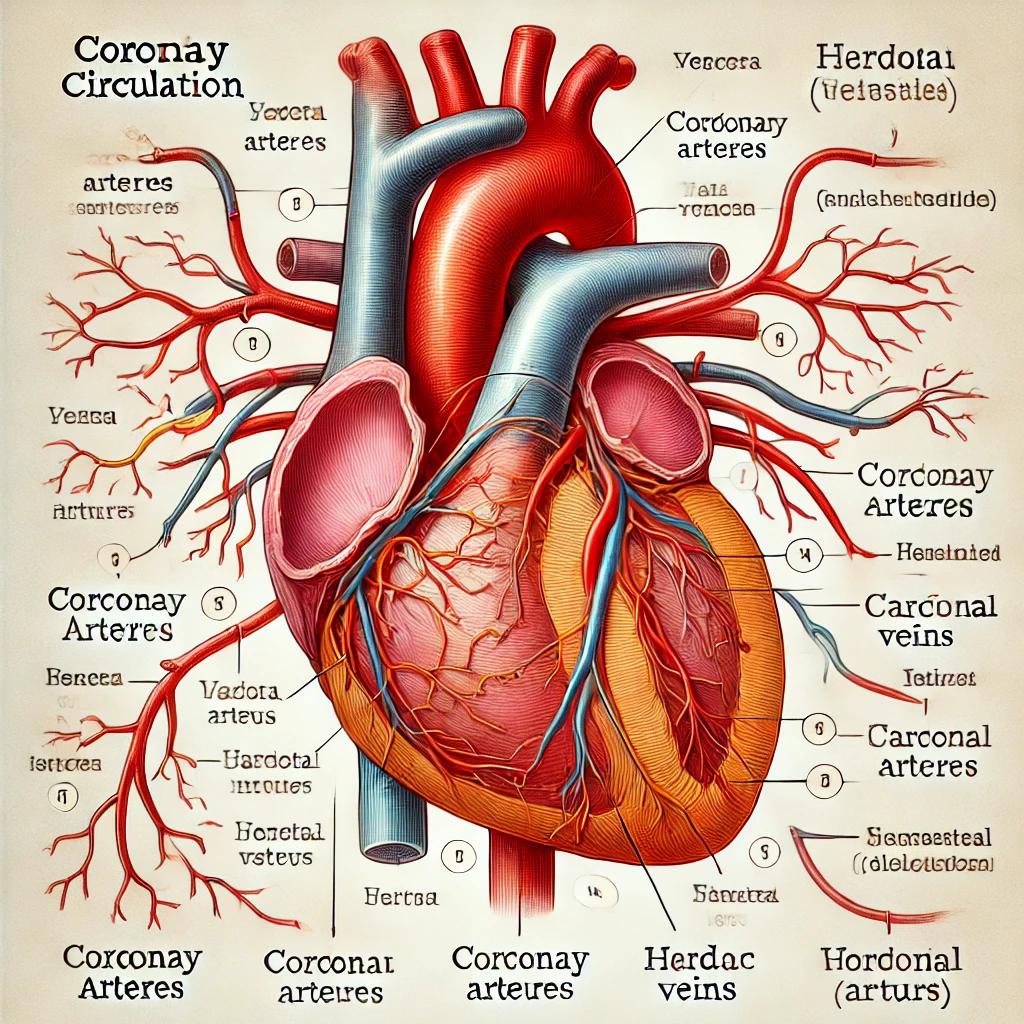Introduction
The Hippocratic Oath has long been regarded as a cornerstone of medical ethics, serving as a guiding principle for physicians worldwide. This sacred pledge encompasses a set of ethical standards that medical professionals commit to upholding throughout their careers. In this comprehensive article, we will delve into the origins, key principles, and modern-day relevance of the Hippocratic Oath. So, let’s embark on a journey to understand the essence of this venerable oath.
Table of Contents
- Origins of the Hippocratic Oath
- The Legacy of Hippocrates
- Evolution of the Oath
- Understanding the Hippocratic Oath
- Core Principles
- Pledge of Confidentiality
- Commitment to Patient Care
- Interpreting the Oath in Modern Context
- Ethical Challenges in the 21st Century
- Adaptation and Relevance
- FAQs about the Hippocratic Oath
- What is the Hippocratic Oath?
- Are there different versions of the Oath?
- Is the Oath legally binding?
- Can the Oath be modified?
- What happens if a physician violates the Oath?
- Do all medical professionals take the Oath?
- Modern Interpretations and Controversies
- Cultural and Religious Considerations
- Gender and Diversity in Oath-Taking
- The Oath in a Globalized World
- The Importance of the Hippocratic Oath in Medical Education
- Integration into Curricula
- Ethical Decision-Making
- Fostering Professionalism
- Evaluating the Impact of the Oath on Patient Care
- Trust and Doctor-Patient Relationship
- Medical Errors and Accountability
- Balancing Ethical Considerations
- Critiques and Alternatives to the Oath
- Criticisms of the Traditional Oath
- Modern Ethical Frameworks
- Alternatives to the Oath
- The Oath’s Influence Beyond Medicine
- Applications in Allied Health Professions
- Ethical Codes in Other Professions
- The Oath in Popular Culture
- Conclusion
Now, let’s explore each section in detail.

Origins of the Hippocratic Oath
The Legacy of Hippocrates
The Hippocratic Oath derives its name from the Greek physician Hippocrates, often referred to as the “Father of Medicine.” Born in ancient Greece, Hippocrates laid the foundation for medical practice and ethical conduct. The principles he advocated continue to shape the practice of medicine to this day.
Evolution of the Oath
Originally, the Oath existed in an oral tradition, passed down from one generation of physicians to the next. Over time, it underwent revisions and adaptations to reflect changing societal norms and advancements in medical knowledge. Today, several versions of the Oath exist, but they all uphold the core values established by Hippocrates.
Understanding the Hippocratic Oath
Core Principles
The Hippocratic Oath encompasses a range of ethical principles that guide physicians in their interactions with patients, colleagues, and society as a whole. These principles include beneficence (doing good), non-maleficence (do no harm), respect for autonomy, and justice. By adhering to these principles, physicians strive to provide the best possible care while ensuring ethical conduct.
Pledge of Confidentiality
One of the fundamental aspects of the Oath is the commitment to maintaining patient confidentiality. Physicians are entrusted with sensitive information and are bound to protect their patients’ privacy, allowing for a safe and trusting environment.
Commitment to Patient Care
The Oath also emphasizes the importance of prioritizing patient care above all else. Physicians pledge to treat patients with compassion, empathy, and respect, recognizing their inherent dignity and individual needs. This commitment fosters a patient-centered approach, placing the well-being of the patient at the forefront of medical practice.
Interpreting the Oath in Modern Context
Ethical Challenges in the 21st Century
As medical science progresses and society evolves, new ethical challenges arise. Issues such as end-of-life care, assisted reproduction, and genetic engineering present complex moral dilemmas. Physicians must navigate these challenges while adhering to the principles outlined in the Hippocratic Oath.
Adaptation and Relevance
Critics argue that the traditional Oath may not be entirely applicable in today’s medical landscape. Some advocate for a more updated and inclusive version that addresses modern concerns and reflects the diversity of patients and healthcare providers. However, the core principles of the Oath continue to be highly relevant, serving as a moral compass for physicians worldwide.
FAQs about the Hippocratic Oath
What is the Hippocratic Oath?
The Hippocratic Oath is a solemn pledge that physicians take, outlining their ethical obligations and responsibilities towards patients and the practice of medicine as a whole. It serves as a guiding document, ensuring the integrity and professionalism of the medical profession.
Are there different versions of the Oath?
Yes, there are various versions of the Hippocratic Oath, each with its own wording and emphasis. However, all versions share the common goal of upholding the principles established by Hippocrates.
Is the Oath legally binding?
The Hippocratic Oath is not legally binding in most jurisdictions. However, it holds immense symbolic and ethical significance, providing a moral framework for medical professionals.
Can the Oath be modified?
The Oath can be modified and adapted to reflect the changing times and cultural contexts. Some medical schools and institutions have created their own versions, tailoring the language and content to align with contemporary values.
What happens if a physician violates the Oath?
While violations of the Oath do not carry legal consequences, they can have severe professional and ethical ramifications. Physicians who breach the Oath may face disciplinary actions, loss of trust, and damage to their reputation.
Do all medical professionals take the Oath?
Not all medical professionals take the Hippocratic Oath. However, many healthcare providers, including doctors, nurses, and pharmacists, do swear an oath or pledge that aligns with the principles of medical ethics.
Modern Interpretations and Controversies
Cultural and Religious Considerations
In a diverse and multicultural society, cultural and religious beliefs can influence a healthcare provider’s interpretation of the Oath. Some argue for accommodations that respect individuals’ values while maintaining the core principles of medical ethics.
Gender and Diversity in Oath-Taking
Historically, the Oath has been predominantly taken by male physicians. As the field becomes more inclusive, it is crucial to ensure that diverse voices are represented in the oath-taking process, reflecting the broad spectrum of healthcare providers.
The Oath in a Globalized World
In an interconnected world, healthcare professionals often work across borders, encountering different cultural norms and legal frameworks. It is essential to promote a global dialogue on medical ethics, fostering mutual understanding and shared principles.
The Importance of the Hippocratic Oath in Medical Education
Integration into Curricula
Medical education programs commonly incorporate the teaching of medical ethics, including the study and understanding of the Hippocratic Oath. This integration cultivates ethical awareness and decision-making skills among future healthcare professionals.
Ethical Decision-Making
The Oath serves as a foundation for ethical decision-making in medicine. Medical students and practitioners are encouraged to reflect on the principles outlined in the Oath when faced with complex moral dilemmas, ensuring that their actions align with the highest ethical standards.
Fostering Professionalism
By emphasizing professionalism, integrity, and compassion, the Hippocratic Oath instills a sense of duty and responsibility in healthcare providers. It reinforces the importance of maintaining professional boundaries and upholding the trust placed in medical professionals.
Evaluating the Impact of the Oath on Patient Care
Trust and Doctor-Patient Relationship
The Oath plays a crucial role in establishing and maintaining trust between physicians and their patients. By adhering to the principles of the Oath, healthcare providers foster a strong doctor-patient relationship built on open communication, empathy, and mutual respect.
Medical Errors and Accountability
In the event of medical errors or adverse outcomes, the Oath compels physicians to take responsibility for their actions. By acknowledging mistakes and actively seeking to rectify them, healthcare professionals demonstrate their commitment to patient safety and accountability.
Balancing Ethical Considerations
The Oath guides physicians in navigating complex ethical dilemmas, helping them strike a balance between competing interests. It encourages healthcare providers to consider not only the individual patient but also the broader implications for society and public health.
Critiques and Alternatives to the Oath
Criticisms of the Traditional Oath
Critics argue that the traditional Hippocratic Oath is outdated and fails to address contemporary ethical challenges adequately. Some believe it is too restrictive or incompatible with certain cultural, religious, or personal beliefs.
Modern Ethical Frameworks
In response to the limitations of the traditional Oath, alternative ethical frameworks have emerged. These frameworks, such as principlism, bioethics, and virtue ethics, provide additional perspectives on medical ethics and guide healthcare professionals in their decision-making.
Alternatives to the Oath
Various alternative oaths and pledges have been proposed, each highlighting different aspects of medical ethics. These alternatives aim to offer a more inclusive and comprehensive approach to ethical practice, incorporating a wider range of perspectives.
The Oath’s Influence Beyond Medicine
Applications in Allied Health Professions
While the Hippocratic Oath is traditionally associated with physicians, its principles extend to other healthcare professions as well. Nurses, pharmacists, and other allied health professionals often embrace similar ethical standards and oaths tailored to their specific roles.
Ethical Codes in Other Professions
The influence of the Hippocratic Oath can be seen in the development of ethical codes in other professions. Law, business, and research fields have adopted their own codes of ethics, drawing inspiration from the principles established in medicine.
The Oath in Popular Culture
The Hippocratic Oath has permeated popular culture, becoming a symbol of the medical profession. It is frequently referenced in literature, movies, and television shows, perpetuating its importance and raising awareness of medical ethics among the general public.
Conclusion
The Hippocratic Oath stands as a testament to the enduring values of medical ethics. Despite the evolving nature of medicine and society, the core principles of the Oath remain steadfast. Upholding integrity, compassion, and respect for patients, healthcare providers continue to navigate the complexities of modern healthcare guided by the essence of the Hippocratic Oath.
So, let us honor this venerable pledge and uphold its principles, ensuring the highest standards of ethical conduct in the practice of medicine.
Reference:
- American Medical Association: “Code of Medical Ethics” – https://www.ama-assn.org/delivering-care/ethics/code-medical-ethics-overview
- National Institutes of Health: “Ethical Principles for Medical Research Involving Human Subjects” – https://www.nih.gov/health-information/nih-clinical-research-trials-you/ethical-principles-medical-research
- World Medical Association: “Declaration of Geneva” – https://www.wma.net/policies-post/wma-declaration-of-geneva/
- Stanford Encyclopedia of Philosophy: “Medical Ethics” – https://plato.stanford.edu/entries/ethics-medical/
- Journal of Medical Ethics – https://jme.bmj.com/




